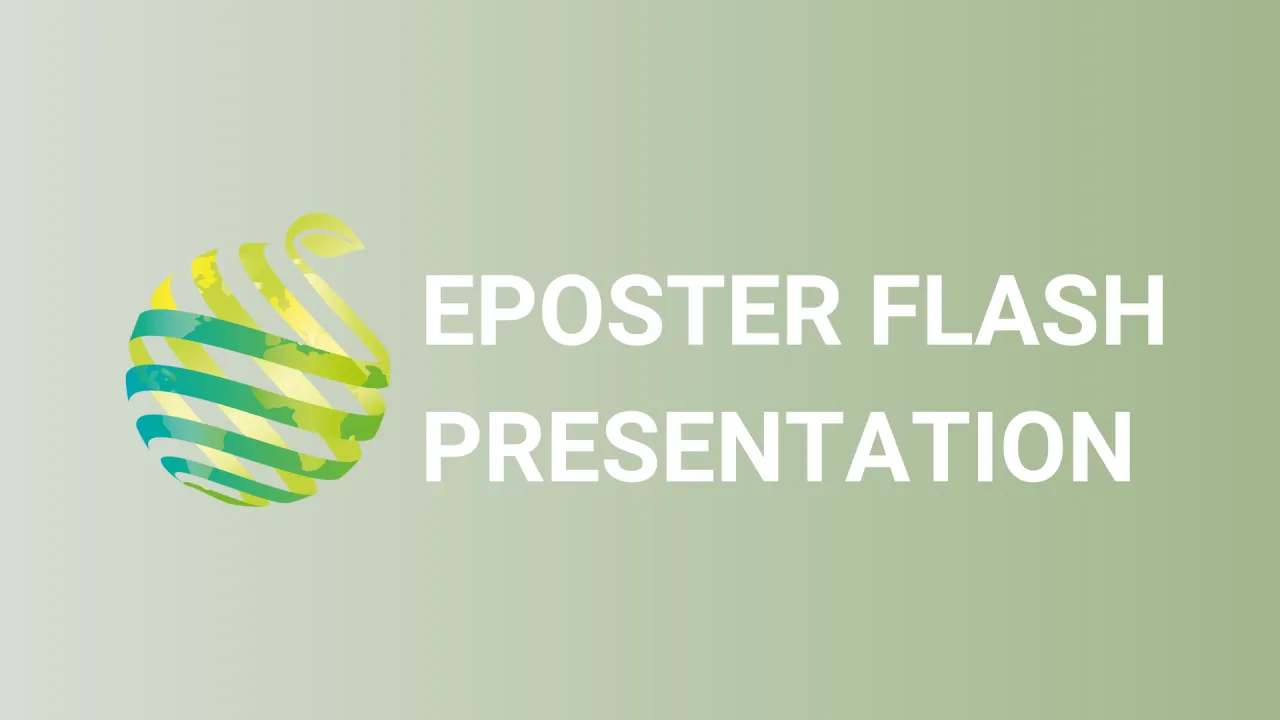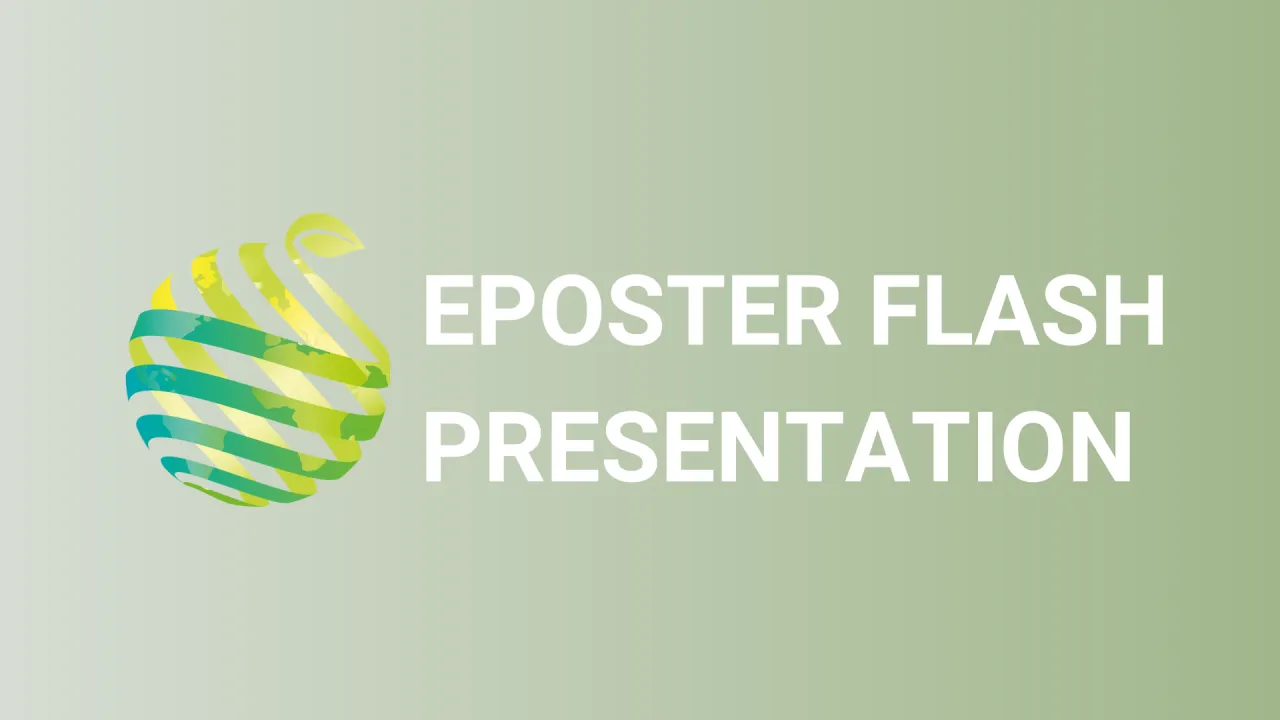

S09 - Session P4 - Effect of vermicompost from cow manure on tomato yield
Information
Authors: Issa Alé Ndiaye *, Mamadou DIATTE, Babacar LABOU, Etienne TENDENG, Serigne Sylla, Amadou Balde, Omar Seydi, Pape Diop, Serigne Omar Sene, Karamoko DIARRA
The use of chemical fertilizers in micro-gardens in Senegal increases the cost of production and reduces the quality of the vegetables. The use of vermicompost could be positioned as an alternative to chemical fertilizers. This study evaluates the effect of vermicompost from cow manure on greenhouse tomato yield. Six treatments are compared. They are a mixture of sand and vermicompost with four doses (D1, D2, D3 and D4) and chemical (Tr) and neutral (Tn) controls. The vermicompost treatments D1, D2 and D3 gave the high germination percentages. The higher germination percentage was noted in D3. On the flowering, the dose D4 gives a higher number of flowers compared to the controls. The treatments (D2, D3 and D4) are more efficient compared to the controls on the fructification and the weight of the tomato fruits. The highest weights were obtained with D4. Vermicompost is an alternative to the use of synthetic chemical fertilizers.